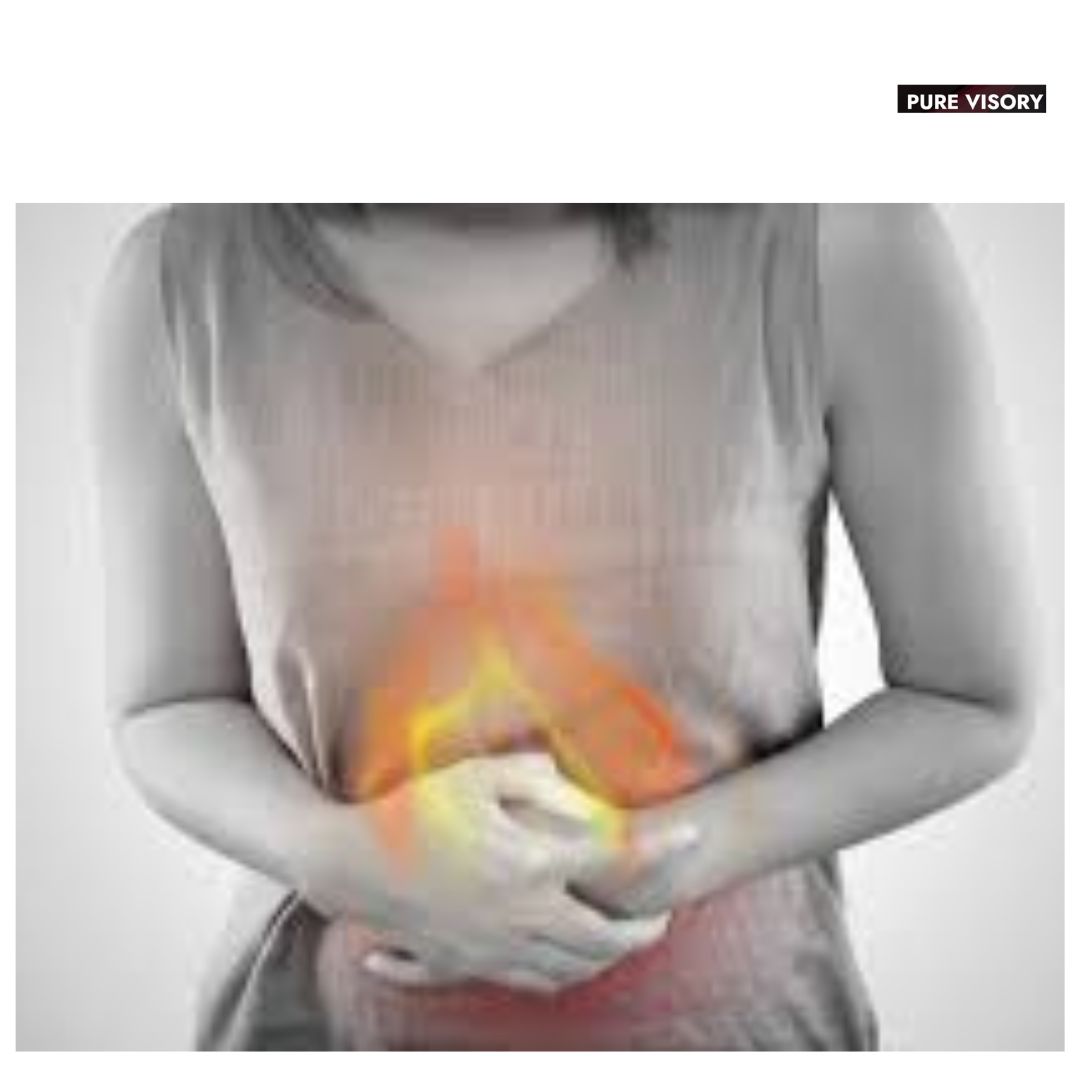Indigestion, also known as dyspepsia, is a common digestive problem that can cause discomfort and discomfort in the upper abdomen. The symptoms of indigestion can range from bloating and belching to a burning sensation in the chest, often referred to as heartburn. Many people wonder how to cure indigestion quickly when it strikes. In this article, we’ll explore some effective strategies to alleviate indigestion and prevent it from recurring.
Understanding Indigestion:
Indigestion can occur for various reasons, including overeating, eating too quickly, consuming spicy or fatty foods, stress, and certain medical conditions. The symptoms of indigestion can be mild or severe, and they often include:
Bloating
Belching
Nausea
Fullness or discomfort in the upper abdomen
Acidic taste in the mouth
Heartburn
While indigestion is usually not a serious medical condition, it can be quite uncomfortable and disruptive to your daily life.
Antacids: Over-the-counter antacids, such as Tums or Rolaids, can provide quick relief by neutralizing excess stomach acid. Follow the dosing instructions on the product label.
Ginger: Ginger has natural anti-inflammatory properties that can help soothe the digestive tract. You can try ginger tea, ginger candies, or ginger supplements for relief.
Peppermint: Peppermint can relax the muscles in the gastrointestinal tract and relieve indigestion. Peppermint tea or peppermint oil capsules are options to consider.
Baking Soda: Mixing a teaspoon of baking soda with water and drinking it can help neutralize stomach acid and relieve heartburn.
Chew Gum: Chewing sugar-free gum can stimulate the production of saliva, which can help neutralize stomach acid and clear it from the esophagus.
Lifestyle Changes: Modifying your lifestyle habits can provide long-term relief from indigestion. Avoid overeating, eat more slowly, and consume smaller, more frequent meals.
Hydrate: Drinking plenty of water can help dilute stomach acid and promote healthy digestion.
Avoid Trigger Foods: Identify and avoid foods that trigger your indigestion symptoms. Common triggers include spicy foods, fatty foods, caffeine, and alcohol.
Stress Management: High-stress levels can exacerbate indigestion. Practices such as deep breathing, yoga, and meditation can help manage stress and reduce indigestion.
Elevate Your Head: If indigestion symptoms tend to worsen at night, consider elevating the head of your bed to reduce acid reflux.
When to Seek Medical Attention:
While the above strategies can provide fast relief from indigestion, there are instances when you should seek medical attention. Contact a healthcare provider if you experience any of the following:
- Severe or prolonged symptoms
- Difficulty swallowing
- Unexplained weight loss
- Blood in vomit or stool
- Chest pain or pain radiating to the arm, neck, or jaw
- Shortness of breath
- These symptoms could be indicative of a more serious medical condition, and prompt evaluation by a healthcare professional is necessary.
Preventing Indigestion:
Preventing indigestion involves making long-term dietary and lifestyle changes. Here are some tips to help prevent indigestion:
Dietary Choices: Opt for a balanced diet that is rich in fiber, whole grains, lean proteins, and fruits and vegetables. Avoid trigger foods and acidic beverages.
Portion Control: Eating smaller, more frequent meals can prevent overeating and reduce the risk of indigestion.
Stay Upright: Avoid lying down immediately after a meal. Stay upright for at least two to three hours to allow food to digest properly.
Weight Management: Maintaining a healthy weight can reduce the pressure on your stomach and lower the risk of indigestion.
Regular Exercise: Regular physical activity can improve digestion and reduce the risk of indigestion.
In conclusion, indigestion can be uncomfortable, but there are several ways to cure it quickly and prevent its recurrence. Over-the-counter antacids, natural remedies like ginger and peppermint, and lifestyle modifications can provide relief. However, if symptoms persist or worsen, it’s crucial to consult a healthcare provider to rule out underlying medical conditions. Making healthy dietary choices and practicing good eating habits can go a long way in preventing indigestion and maintaining optimal digestive health.


